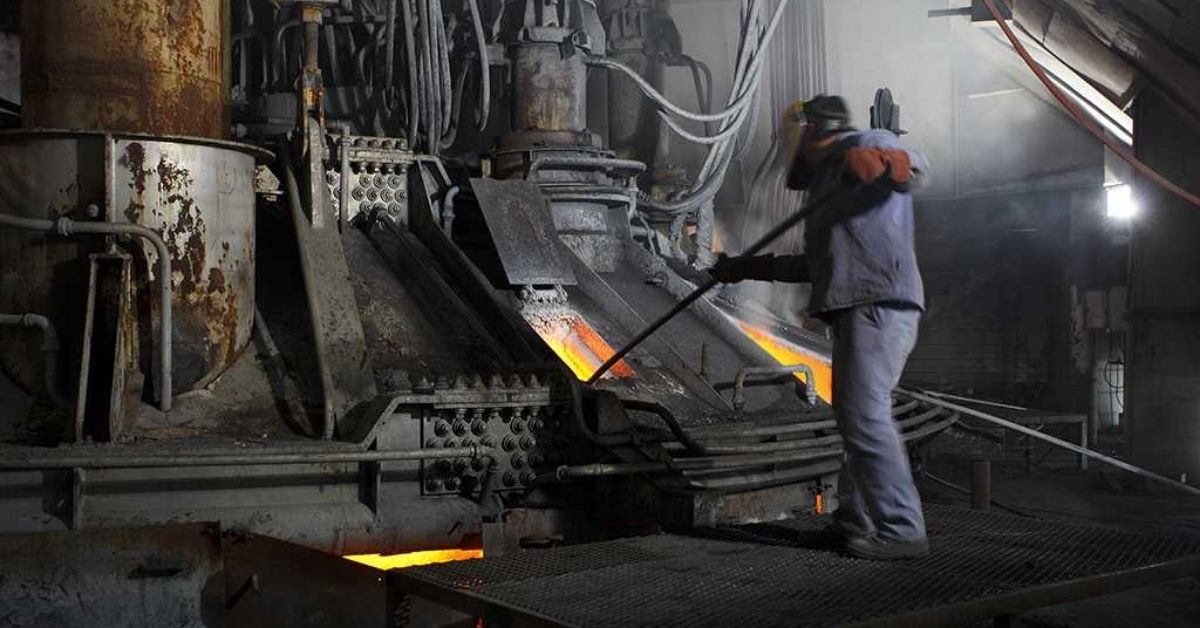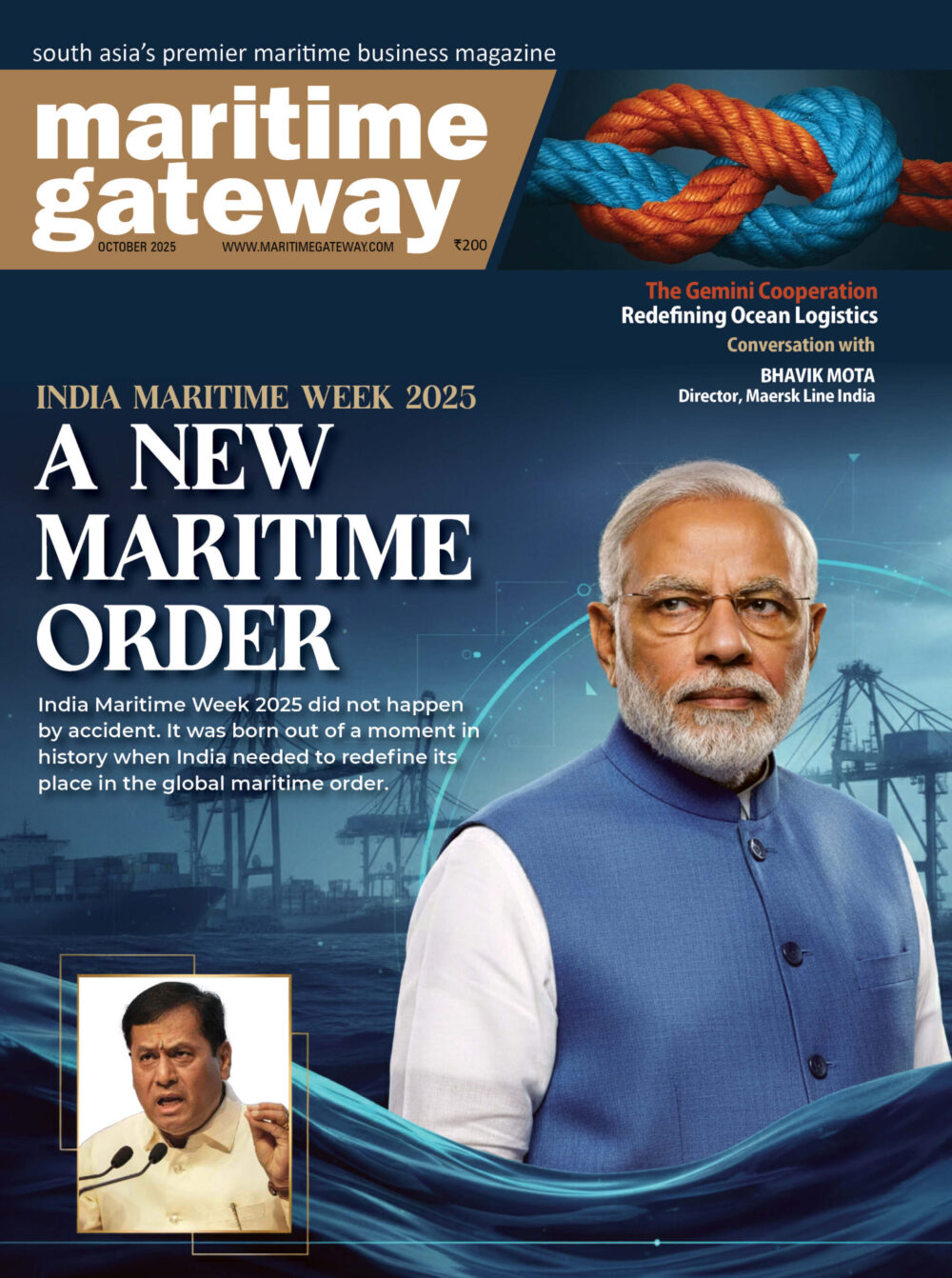GPH Ispat has exported 120,000 metric tons of billets worth $71 million to China, the world’s top steel producer, through five shipments since November 18 last year.
Billet is the main raw material for rod production. The rod is made by heating and moulding. China is currently leading the world in billet production. They alone control about half of the total market.
Industry Minister Nurul Majid Mahmud Humayun, Commerce Minister Tipu Munshi, Chairman of Tariff Commission, Chairman of Chittagong Port Authority, President of Chittagong Chamber and other dignitaries inaugurated the export program at a webinar on that day.
On October 5, GPH exported a total of 29,658 metric tons of billets through the Chittagong Seaport in the fifth shipment. The buyer of the billet was Mac Steel International Fareast Limited of China, the company officials said.
They also said that the ship, MV Crown Virtue, left Chittagong Port on that day loaded with the GPH billets for Zhang Jiangang, Yangtze River Port of China.
However, the entrepreneurs of the steel sector said that Bangladesh is lagging behind to grab the million-dollar global market of steel due to various obstacles.
They said that they currently need to pay $60-$70 per ton to ship billets from Bangladesh to China where Vietnam is paying only $20-$25 and India is paying $35-$40.
Apart from the shipping cost, the production cost is also much higher in Bangladesh than that of the neighbouring countries, they added.
The entrepreneurs also said that such barriers need to be addressed in order to increase the export of steel to the world market, at least five advantages must be ensured.
The five advantages include special incentives for the involved entrepreneurs, reduction of the price of electricity, uninterrupted supply of gas, bank guarantee facility, and priority to unload raw materials from the port to reduce additional transportation costs by waiting day after day.
“There are many obstacles in exporting billets. Even with that, we want to spread this product in the world market. However, in order to survive off our steel in the world market, the government has to give special incentives,” Almas Shimul, director and additional MD of GPH Ispat said.
He also said that besides being self-sufficient in steel, the sector can also create employment for thousands of people in the country.
Kamrul Islam, executive director of GPH said that they have to export per ton billets at three times the rent than Vietnam and twice that of India.
“Moreover, we have to pay Tk4,000-Tk5,000 for various kinds of duties and taxes during the unloading of raw materials,” he added.
He also said that they have invested around Tk500 crore in power and gas generation and consuming 80 to 100 MW of electricity per hour from their own substation.
“But we don’t get a single point more benefit than a factory that consumes only 100 kilowatts of electricity per hour. As a big factory, it would have been better if the price of our electricity was a little lower,” he added.
According to the steel entrepreneurs, Bangladesh is now competing with China, India, Japan, the United States, Russia, South Korea, Germany, Turkey, Brazil, Taiwan, Vietnam and Ukraine to capture the multi-million dollar market for billets.
According to the GPH, they took the country one step further towards the industrial revolution by setting up a state-of-the-art steel mill like Quantum Electric Arc Furnace (EAF).
With this technology, it is now possible to produce 900-grade steel products in the country.
At present, 500-550 grade steel of GPH is being used at Shahjalal International Airport’s third terminal, Matarbari Power Project, Deep Sea Port etc.
GPH is a capital-intensive industry, the value addition of the industry is locally more than 50%.
They use 50% to 70% imported raw material and the remaining portion of 30% to 50% of the main raw material is collected through the local sources.
According to the Bangladesh Steel Manufacturers Association (BSMA), 60% of the demand for billets had to be imported only six years ago, but the country now exports them.
There are 210 mills producing MS products in Bangladesh and among them, 42 companies produce billets from scapes and MS rods from billets. About 63 companies produce 40-grade rods.
According to the EBL report, Abul Khair, BSRM, GPH and KSRM produce more than 90% of billet capacity, which is 50% more than the annual demand of the country.
Source : Dhaka Tribune









